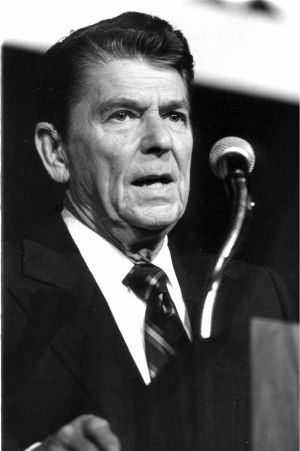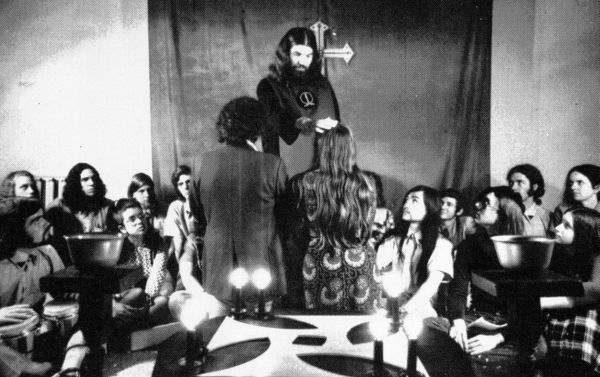What is the connection between economic freedom and poverty?
Thirty years ago, the Wheaton Alumni magazine began a series of articles in which Wheaton faculty told about their thinking, their research, or their favorite books and people. Seth W. Norton is currently the Jean and E. Floyd Kvamme Professor of Political Economy and former Director of the Wheaton Center for Faith, Politics & Economics. Professor Norton has taught at Wheaton since 1995 and was featured in the Autumn 2010 issue.
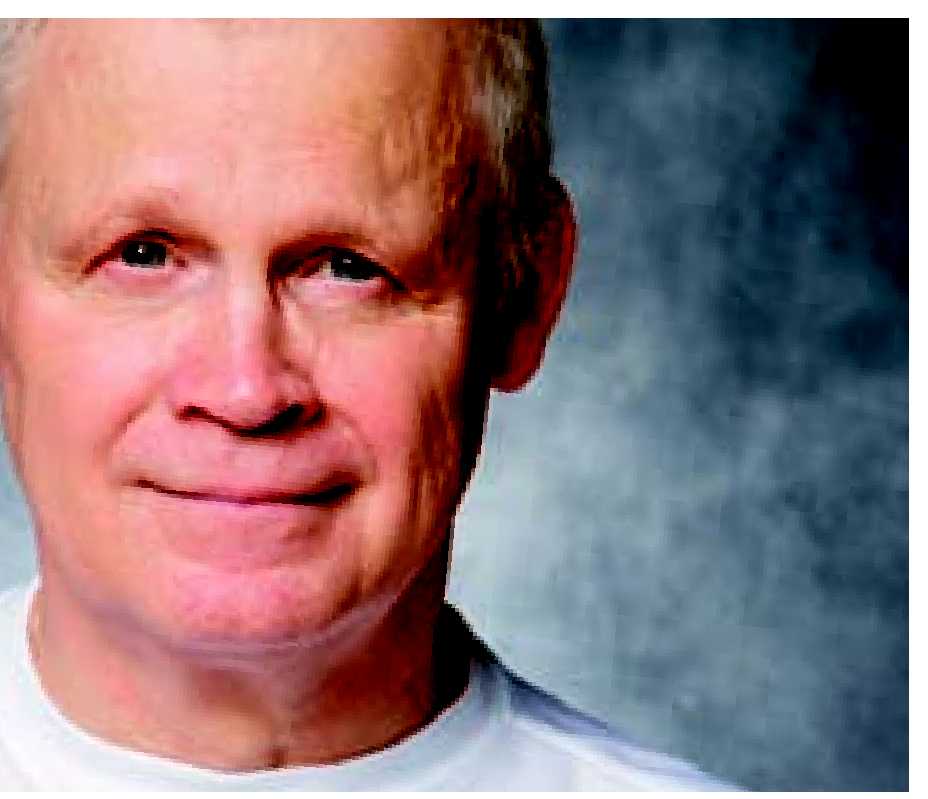
Poverty rates are customarily measured as the proportion of a country whose income is beneath a low absolute level such as one or two dollars a day. Poverty can alternatively be measured in non-pecuniary terms, such as the percentage of the population that survives infancy, or the percentage of the population that has access to basic life-sustaining benefits like safe water.
Economic freedom exists where there are consistent institutions and policies in place to ensure a voluntary exchange coordinated by markets with free entry and freedom to compete, as well as a protection of persons and their property.
The last two decades have seen a promising decline in poverty levels. The average population living on $1 a day fell dramatically from 32 percent of the world’s population in 1980 to 16.5 percent in 2004. Similarly, infant survival and life expectancy are on the rise.
While much of the non-industrialized world has flourished in this period, the good news has to be tempered with a grim exception–sub-Saharan Africa. Many of the non-industrialized nations of the world have become economically freer, while economic freedom in Africa has stagnated or even declined during the last quarter century. Understanding this exception requires exploring the connection between the world’s poverty and economic freedom. Simply stated, for non-industrialized nations, economic freedom reduces poverty.
Countries that are not economically free have about 30 percent of their population living on $1 a day and nearly 60 percent living on $2 a day, while countries that are economically free have less than 8 percent living on $1 a day and 39 percent living on $2 a day. About 74 percent of the population has access to good water in countries that are not free, while almost 100 percent of the population has access to good water in most economically free countries.
The various measures of poverty all point in the same direction–more economic freedom means lower poverty rates. Some might question whether lower levels of poverty are in fact the cause of economic freedom, rather than the result of this freedom. This interpretation is plausible, but not likely. Further statistical analysis shows that increases in economic freedom lower poverty rates regardless of the measure of poverty, even after accounting for other factors such as geography and the levels of urbanization in a country.
Studying links between economic freedom and world poverty is fascinating yet depressing, given the ties between poverty and human suffering, frailty, and depravity. If so many people would benefit from free economies, why do we not observe more economic freedom around the world?
Dr. Seth W. Norton has made research contributions in the fields of government regulation, franchising, telecommunications, and world poverty. He studied the links between economic institutions and poverty; public policies toward business and the economy; as well as government regulation, property rights, and the role of culture in framing economic institutions. From 1996 to 2008, he was also head wrestling coach at Wheaton.
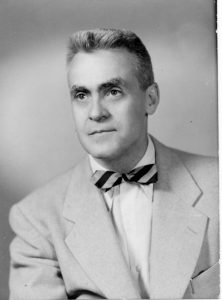
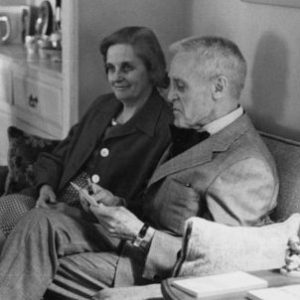
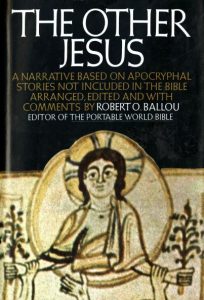 Associated primarily with the Viking Press, his deeply ecumenical interests are reflected in the titles of the books he edited: The Portable World Bible (including selections from sacred volumes), The Nature of Religion, The Bible of the World and The Other Jesus: A Narrative Based on Apocryphal Stories Not Included in the Bible. In 1938 he wrote This I Believe: A Letter to My Son, relating his personal faith.
Associated primarily with the Viking Press, his deeply ecumenical interests are reflected in the titles of the books he edited: The Portable World Bible (including selections from sacred volumes), The Nature of Religion, The Bible of the World and The Other Jesus: A Narrative Based on Apocryphal Stories Not Included in the Bible. In 1938 he wrote This I Believe: A Letter to My Son, relating his personal faith.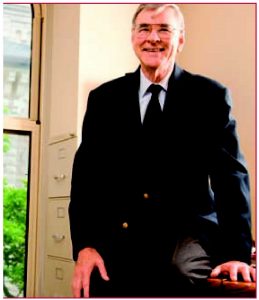
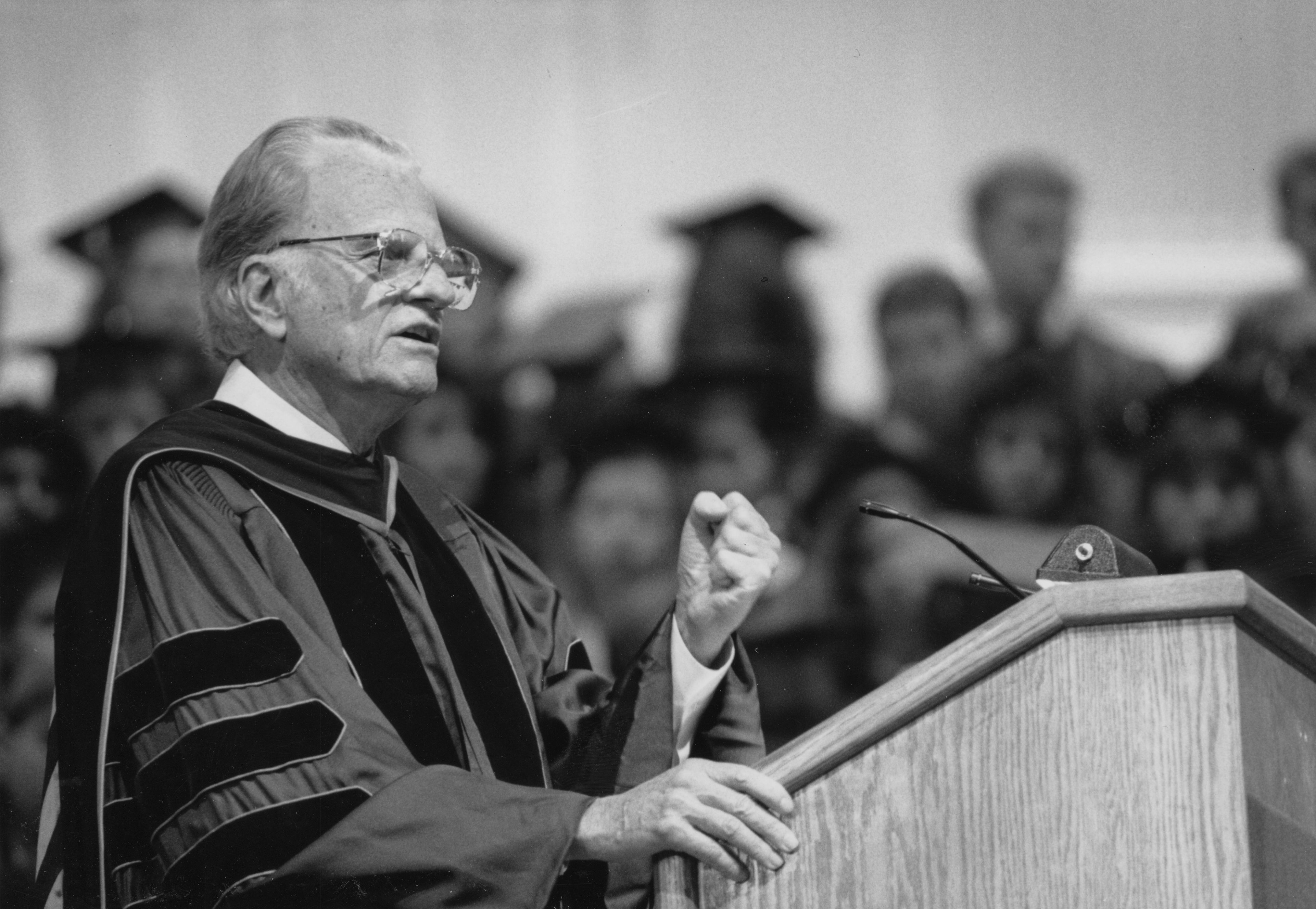
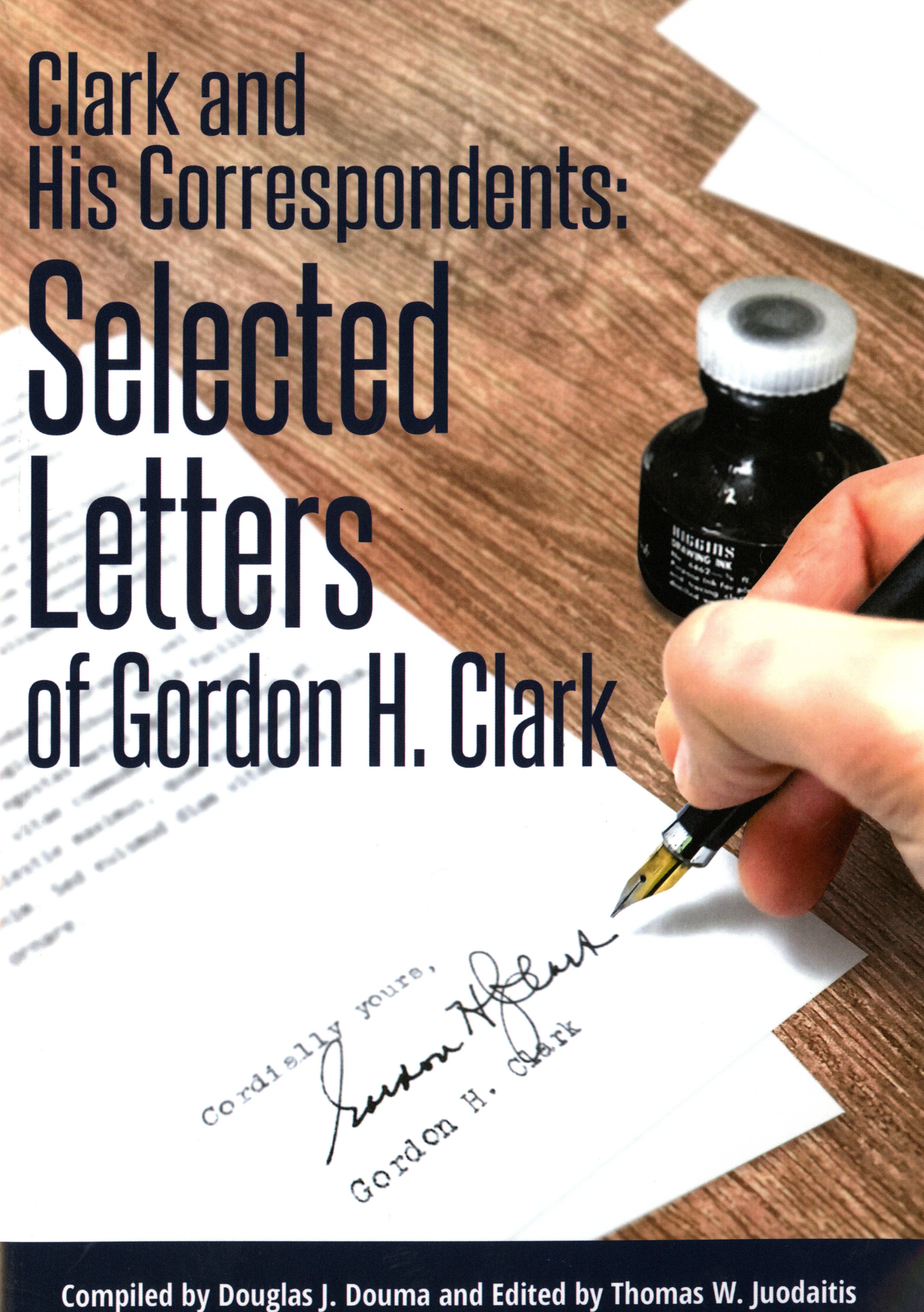 Compiled by Douglas J. Douma and edited by Thomas W. Juodatis, Clark and His Correspondents: Selected Letters of Gordon H. Clark (2017) presents an array of Clark’s exchanges with such prominent evangelical and fundamentalist leaders as J. Oliver Buswell, V. Raymond Edman, E.J. Carnell, Cornelius Van Til, Carl F.H. Henry and J. Gresham Machen. The compilation uses many letters scanned from the College Archives of Buswell Library.
Compiled by Douglas J. Douma and edited by Thomas W. Juodatis, Clark and His Correspondents: Selected Letters of Gordon H. Clark (2017) presents an array of Clark’s exchanges with such prominent evangelical and fundamentalist leaders as J. Oliver Buswell, V. Raymond Edman, E.J. Carnell, Cornelius Van Til, Carl F.H. Henry and J. Gresham Machen. The compilation uses many letters scanned from the College Archives of Buswell Library.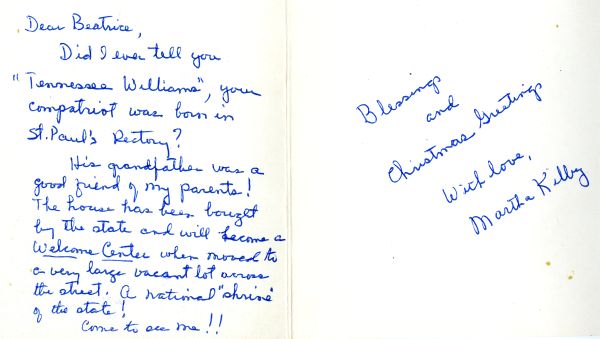
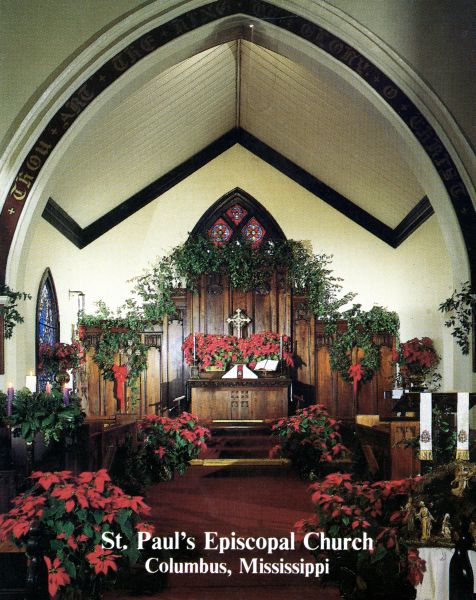 According to the website for the Tennessee Williams Home and Welcome Center, the rectory in 1993 was in danger of being torn down to accommodate a church expansion. In an effort to preserve this historic literary landmark, the yellow and blue gingerbread home was loaded onto flatbed trailers and moved to Main Street, where it was restored. Three months after the grand opening, Tennessee Williams was honored with a U.S. postage stamp, and a public ceremony was held in the home.
According to the website for the Tennessee Williams Home and Welcome Center, the rectory in 1993 was in danger of being torn down to accommodate a church expansion. In an effort to preserve this historic literary landmark, the yellow and blue gingerbread home was loaded onto flatbed trailers and moved to Main Street, where it was restored. Three months after the grand opening, Tennessee Williams was honored with a U.S. postage stamp, and a public ceremony was held in the home.